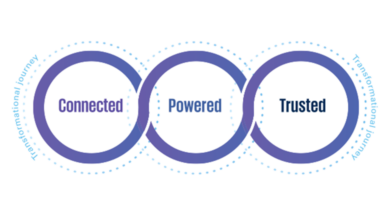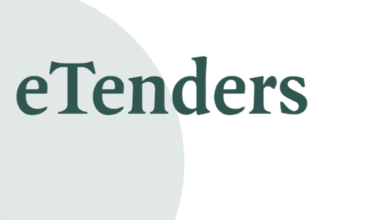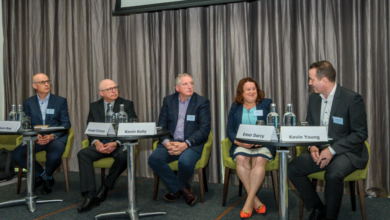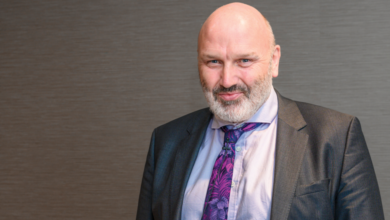Overview since privatisation
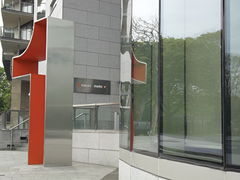 Financial problems beset a company central to the country’s telecommunications sector.
Financial problems beset a company central to the country’s telecommunications sector.
Since Telecom Éireann was privatised in 1999, eircom has had a turbulent history. Once examinership ends on 11 June, the group will be wholly owned by its senior lenders. The company’s debts will be reduced from €4.1 billion to €2.35 billion, with a five year rescheduling of the company’s borrowings. One thousand voluntary redundancies are expected from a current total of 6,000 (full-time and part-time) staff.
After the initial hype and rise of share price after the company was floated in 1999, the company suffered public backlash after stock prices fell severely. Floated at €3.90 on 8 July 1999, shares had dropped to €2.45 by 25 August 2000. With five owners over the past 13 years, the company’s history is seen by commentators as one of regular asset-stripping, lack of investment and poor management.
In April, eircom revealed its accounts for the year ending 30 June 2011 for the three companies within the group under examinership (eircom Limited, Meteor Mobile Communications and Irish Telecommunications Limited). Revenue for the main trading company, eircom Limited, was down 8 per cent on last year, at €1.69 billion. The company’s earnings before interest, taxes, depreciation and amortisation (EBITDA) closed at €647 million, down 4 per cent, ending the year with €429 million in cash.
The group’s operating loss was €2.86 billion, largely due to a €2.5 billion debt provision that the new company will carry under a proposed agreement with senior lenders and a €370 million impairment charge concerning Meteor. The main superannuation fund had a deficit of €253 million at the end of 2011. eircom’s €4.1 billion in liabilities contrasts with its debt-free status ten years ago.
eircom is the State’s largest fixed line telecommunications operator (voice and data), and also provides internet, broadband and mobile services (through Meteor and eMobile). It also sells customer premises equipment, provides public payphones, a directory enquiries service and a domestic alarm monitoring system. The telecoms company also sells services and products to other authorised operators e.g. interconnect services and carrier pre-selection.
According to the latest figures from communications regulator ComReg (for Q4 2011), eircom holds 56.2 per cent of the fixed line market across wholesale and retail streams, as measured by revenue share.
In the retail market of DSL lines access, eircom’s market share was 65.4 per cent. It had 44.5 per cent of fixed broadband subscriptions, but was substantially larger in market share than its next biggest competitor, UPC, at 24 per cent, while eircom’s Group Mobile (which includes both Meteor and eMobile) had a share of 11.6 per cent in the mobile broadband market. eircom Group Mobile had
18.4 per cent of the mobile phone market as measured by revenue share.
A trading update by the company in February said that declining performance for July-December 2011 arose from “continued reduced customer confidence and heightened industry competition.” It predicted that between now and 2017, there would be reduced earnings in the consumer and business segment, an accelerated switch from pre-pay to post-pay customers and “continuing pressure” on mobile average revenue per unit. Expectations for the wholesale, business and technology divisions remain in line with or slightly ahead of expectations.
eircom’s future is important to the State not only because it is the universal service provider but also because of the Government’s next generation broadband commitment. The Programme for Government commits NewERA, in conjunction with the private sector and the commercial semi-state sector, to deliver fibre to the home (FTTH) or fibre to the cabinet (FTTC) for 90 per cent of homes and businesses, with high speed mobile or satellite solutions providing for the remaining 10 per cent. Industry, however, has indicated that 15-30 per cent of the population may have access to only basic service levels, currently available, by 2020. A spokesman for eircom has confirmed to eolas that plans to deliver FTTH or FTTC to 1.04 million of the 1.9 million premises in the State by the end of 2014 are unaltered by the restructuring.

